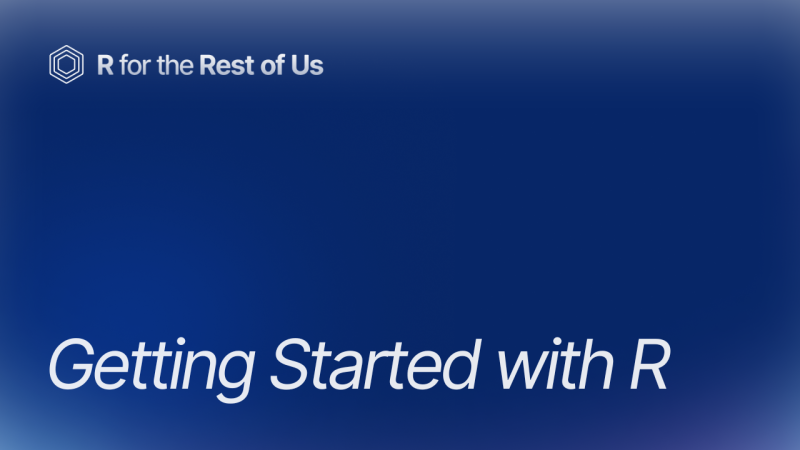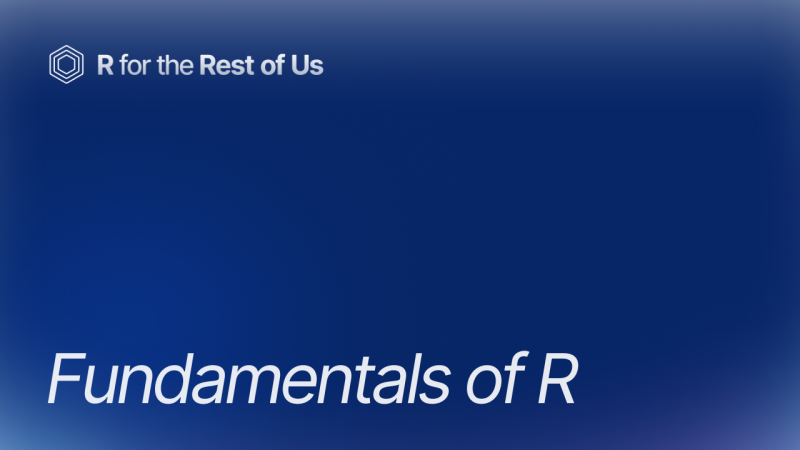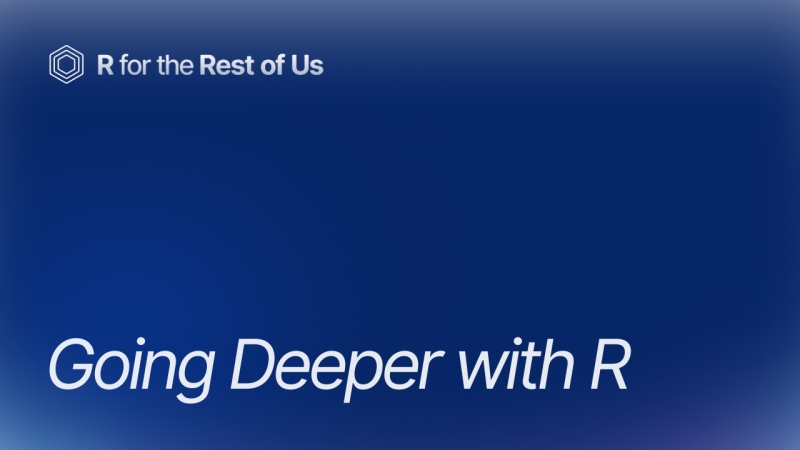Learn to use the most powerful tool for working with data.
Even if you've never coded before.

Supporting forward looking organizations




















New to R?
From "what's R?" to "I love R" in three self-paced courses.
Start here when you're just starting out.
Sign up for the newsletter
R tips and tricks straight to your inbox.
R in 3 Months
Looking for even more? R in 3 Months is a cohort-based program to help you finally learn R.
High-Quality Instruction
With R in 3 Months, you’ll get high-quality instruction that will guide you from R newbie to R expert.
Personalized Feedback
You'll work on your own code every week and get in-depth feedback.
Supportive Community
You'll be on this journey alongside a supportive community that will help you learn and keep you accountable to yourself.
Don't Take it From Us
Our learners say it best.
“Solid intRo to R :)
“This course is a gem. It rests on a solid perspective as to how to bring R and allied resources in a comprehensive toolbox. It allows one to understand how to use R from building a data frame to creating meaningful graphics and reports. I can’t help but to marvel at Dr. David Keyes’ ability to bring together different r packages and making them accessible to the rest of us.
“I’ve had so many false starts trying to learn R: my initial excitement at learning something new is quickly dashed by the brick wall of coding. I keep telling myself R is not for non-coders like me and off I slope back to Excel! This course is different. To use the words of one of my data heroes, Alberto Cairo, this course doesn’t try to simplify R but it helps clarify the basic skills you need. The step-by-step approach to building skills kept me engaged and learning all the way through. All the while I kept thinking, I know how I can use this in my current job.
“The lessons were enjoyable and easy to understand, with step by step guidance. Thank you 😊
“Hi! This course is just the simplest way I have found to understand R. Thanks a lot!
“This corse is very effective because of the clean and proper communication and the better understading and this course is very useful in our training of r programming lanugage
“Before the course, I could kind of read R code, and I could put patches together and I would Google stuff, copy and paste and hope it worked. Sometimes it did, sometimes it didn't. Now after the course, I'm much more R literate and much more confident.
“I have attended a few R courses, some of which were well taught, but nowhere near as practical as yours. I'll certainly continue subscribing and be considering your future courses.
“One of the most informative courses I have ever taken. The weekly videos are extremely helpful and show step by step how to code in R. In addition, you will have access to these videos even after the course finishes. I was very confused on how to use R just by reading books, but after this course I feel a lot more confident in R.
“This is one of the best introduction to R courses that I have taken. It is simple yet very powerful. I have learnt a lot of things in one day which were very confusing to me for the past 2 years. Thank you for opening my eyes and allowing me to see the possibilites that are there in R. I highly recommend this course to anyone starting out in R.
Ready to Up Your R Game?
For when you've got the foundations down and you're ready to learn more.
Let Us Handle the R
High-quality data visualization, workflow improvements, and custom packages to enable organizations to communicate more effectively and more efficiently.
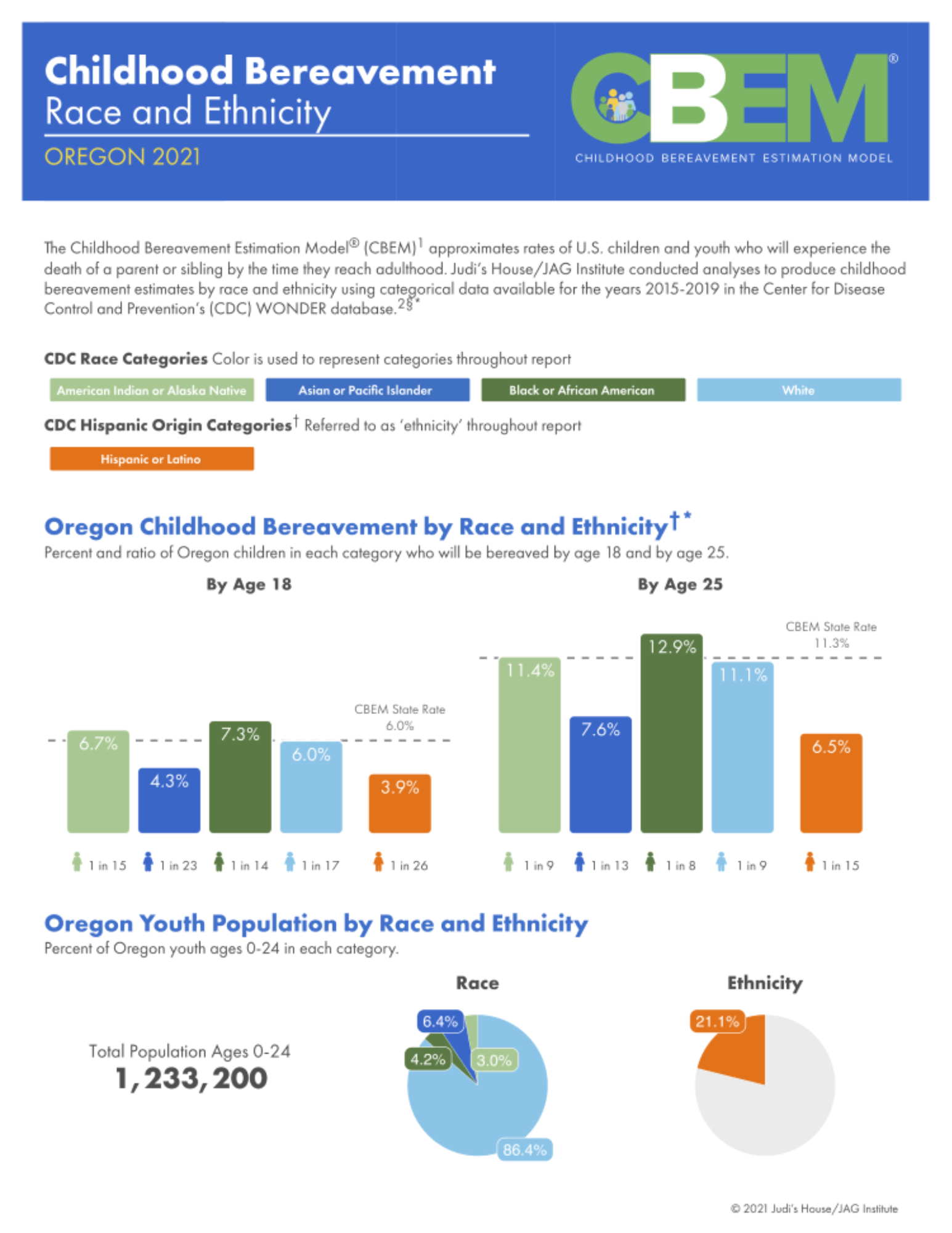
Childhood Bereavement Estimation Model Reports
Judi’s House/JAG Institute, a nonprofit in Colorado, provides support regarding childhood bereavement. In 2018, they created the Childhood Bereavement Estimation Model® (CBEM) to estimate rates of children losing a parent or sibling before adulthood. Annual CBEM reports were produced, but racial and ethnic data breakdowns were lacking until 2021. Partnering with R for the Rest of Us, they generated high-quality, easy-to-understand reports on bereavement disparities by race and ethnicity. These national and state-level reports, created using parameterized reporting and RMarkdown, help advance their vision that no child should be alone in grief.
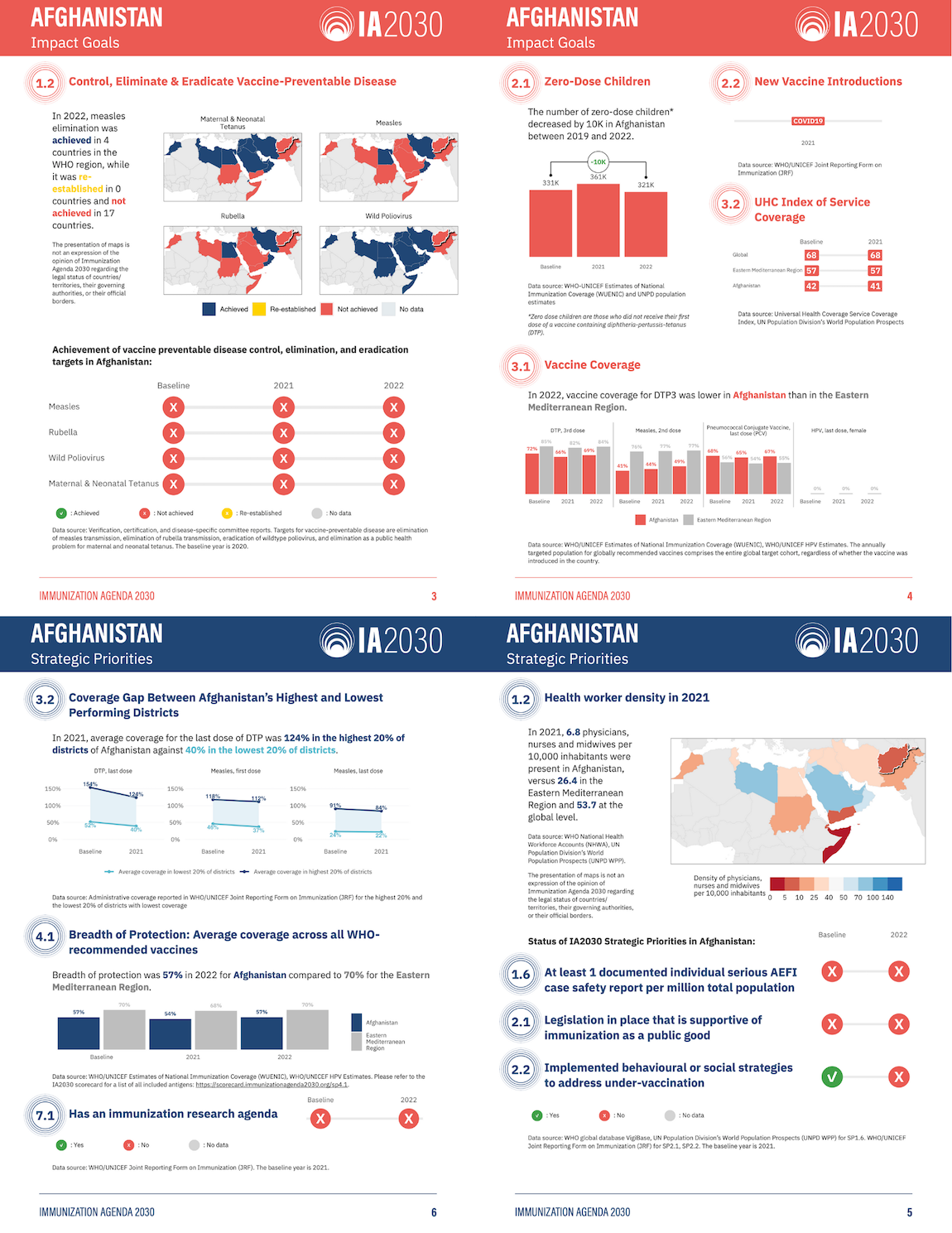
Immunization Agenda 2030 Reports
The World Health Organization's Immunization Agenda 2030 (IA2030) aims to improve global vaccine access. To better report progress, the International Vaccine Access Center at Johns Hopkins University partnered with R for the Rest of Us in 2023. They produced 72 user-friendly country-level reports in English and French, using parameterized reporting. These reports highlight individual country progress, use less technical language than previous online scorecards, and are in a printable PDF format for review.
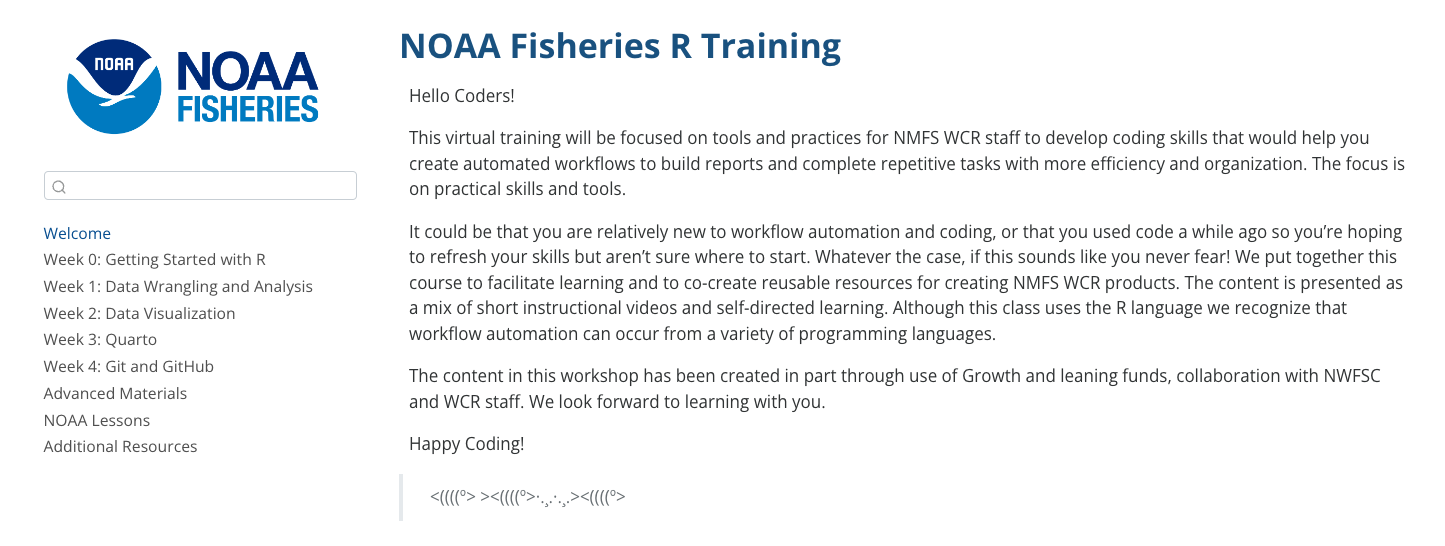
Improving R Training for NOAA Fisheries West Coast Region
Blog
Learn to use the most powerful tool for working with data.
Even if you've never coded before.

How to make heatmaps in ggplot
May 1, 2025
Heatmaps are a common way of representing data. In this blog post, I'll show you how to make your own heatmaps using ggplot. In the process, you'll learn a bit about working with the {sf} package, specifically the st_make_grid() function to make a grid, the st_intersection() function to clip the boundaries of your geography to the grid you create, and st_join() to do spatial joins. This blog post is adapted from a lesson in the Mapping with R course . If you want to learn to make heatmaps...

Use shadows in ggplot to highlight findings
April 24, 2025
In our consulting work, we make a lot of the data visualization for parameterized reporting . It’s something I spoke about in my 2024 Cascadia R Conf talk, How to Make a Thousand Plots Look Good: Data Viz Tips for Parameterized Reporting . One example I gave in this talk came from our work with the Johns Hopkins International Vaccine Access Center and the World Health Organization . In this project, we made reports for the Immunization Agenda 2030 project, which tracks the progress countries...

Create your own custom {ggplot2} theme
April 3, 2025
Creating custom themes in {ggplot2} lets you elevate your data visualizations from standard to standout. Whether you’re aiming for a polished, brand-consistent look for your organization or a unique aesthetic that reflects your personal style, a custom theme function makes it easy to apply your design to all figures with a single line of code. In this tutorial, we’ll cover: the essentials of the powerful ggplot2::theme() function, including how to adjust fonts, colors, sizing, and spacing;...
